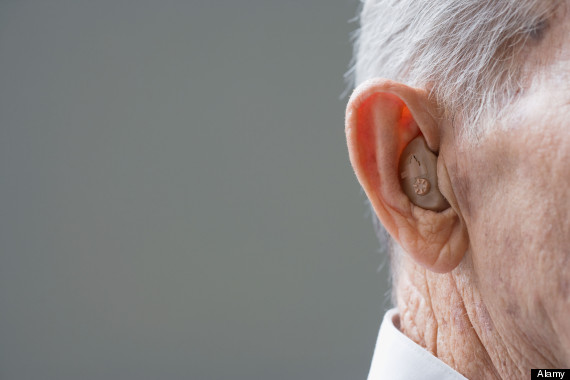174 Auditory Working Memory
Based on research by Karen Doherty & J. Desjardins (2015), written by Juanita N. Baker, Ph.D.
Do you find it difficult to carry on a conversation in a noisy restaurant?
Even mild hearing loss might be contributing due to its impact on auditory working memory.
Working memory is the system for temporarily storing and managing information required to carry out complex cognitive tasks, including understanding communications. Recent research by psychologist Karen Doherty tested whether hearing loss itself negatively affects auditory working memory.
Two groups, one middle-aged, the other, older adults, both with mild to moderate hearing loss, completed two measures of working memory under quiet and noisy conditions, with and without hearing aids. In both conditions, participants’ performance on auditory memory tests was significantly better when wearing hearing aids in contrast to when not wearing hearing aids. This difference was most pronounced in noisy conditions. Those with hearing loss may have to work so hard to process information, that their working memory capacity’s limits are exceeded, reducing comprehension. Thus, hearing aids worn during even the early stages of age-related hearing loss can improve auditory working memory and comprehension.
If you have a hearing loss at any age, wear a hearing aid and you will find those restaurant conversations take less effort and are more enjoyable.
References
Doherty, K.A. and Desjardins, J.L. (2015). The benefit of amplification on auditory working memory function in middle-aged and young-older hearing impaired adults. Fronts. Psychol. 6:721. doi: 10.3389/fpsyg.2015.00721





